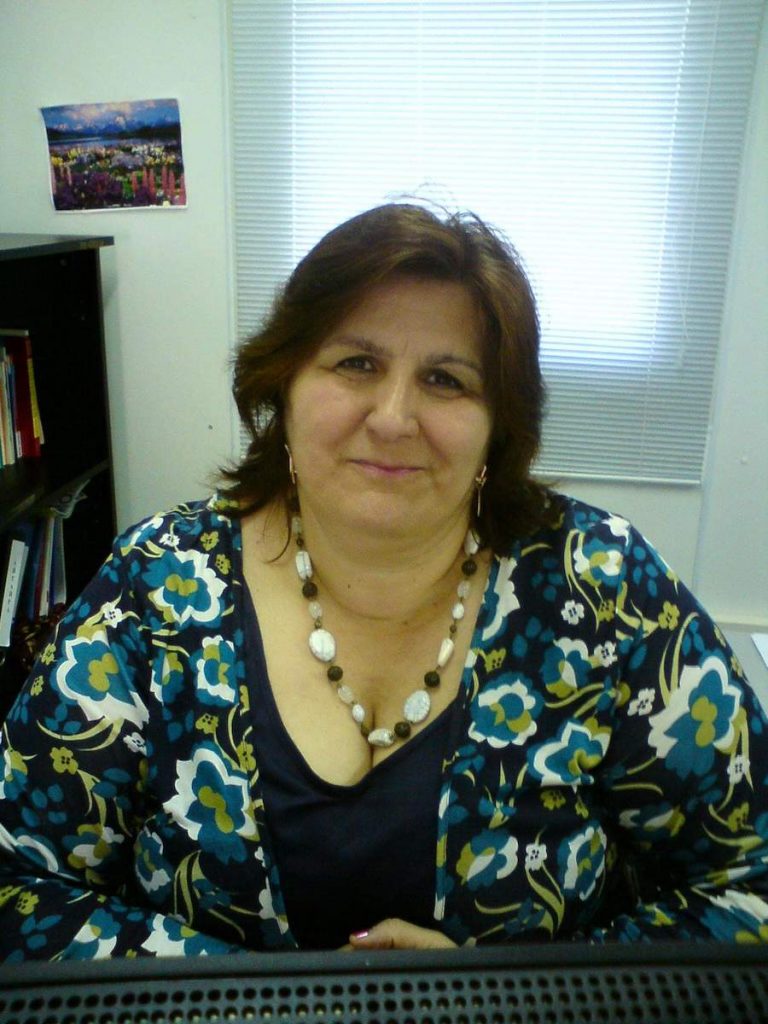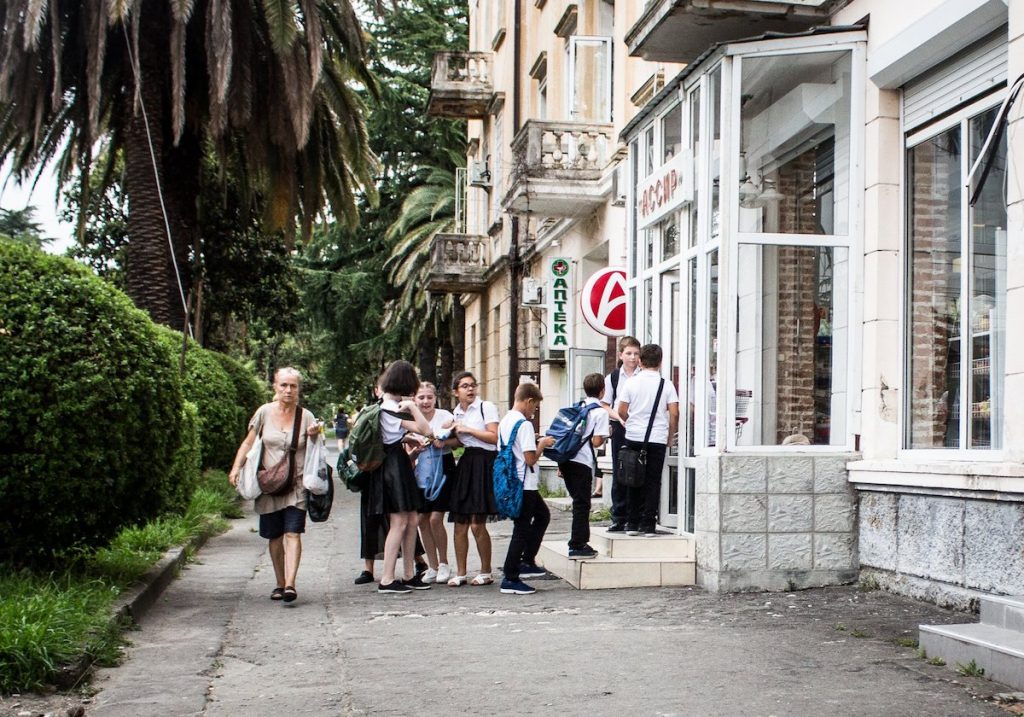How to protect children in Abkhazia - expert opinion
Are children in Abkhazia protected from violence – both by government officials and their families? The head of the Children’s Fund of Abkhazia Asida Lomia says that the problem is still far from being solved. The Fund provides psychological and legal assistance to the so-called “difficult” children and their parents. In an interview with JAMnews, Asida Lomia talks about how the Fund helps children and what, in her opinion, would be the best solution to the existing problems.
“Cooperation for the sake of children”
The Children’s Fund of Abkhazia began its work by helping large families and single mothers back in the Soviet period, in 1989. Now the European Union and the United Nations Development Program are helping us with the project called “Cooperation for Children”.
- How to live when the power’s out. Stories from Abkhazia
- Bullying in Georgian schools: when being different is a risk
Thanks to their support, we have the opportunity to conduct training for law enforcement officers and social workers, as well as arrange individual and group sessions with a psychologist for “difficult” children and their parents.
We can provide legal assistance to adolescents who find themselves in difficult life situations, we write petitions to courts. Today we are trying to ensure that minors are not held in the same cell as adult criminals, they are not placed in a cage during trials, they are not handcuffed and filmed during arrests and their cases are not aired in the “Duty Station” program.

Our project is aimed at cooperation with law enforcement agencies, especially with those who work with juvenile offenders. It is very important for us that employees are aware of international standards, rules, and recommendations and that the law enforcement agents are acting in the best interests of the children.
Who have been helped so far?
In 2015, we worked for a long time to defend the rights of a 15-year-old teenager who was accused of robbing a store. He confessed, and all the blame was on him. But we hired a lawyer who managed to get his prison sentence reduced.
We found money to pay the lawyer with the help of a charitable donation. Marina Shamba, our organist, transferred to us the earnings from her two concerts of organ music in Pitsunda.
Here’s another example. We support mothers when they have problems with the law. So, a couple of years ago, together with other public organizations, we succeeded in obtaining a suspension of imprisonment for a woman who gave birth to a child.
She gave birth while she was still in prison, but there are still no conditions for mothers with newborns in our pre-trial detention centers, so she was released. The trial was not easy, but we managed to defend the right of a newborn to have a mother during the first years of its life. The child is not to blame!

The absence of orphanages in Abkhazia
This is another issue that we are doing our best to resolve. We have a number of children who live alone, without adults, or with parents that cannot and should not be allowed to have custody of their children. But we cannot do anything, because even if we deprive these people of their parental rights, and we have such a law, there will be nowhere for these children to go.
We are all so proud of the fact that there are no orphanages in Abkhazia. However, we need a crisis center where the child can be away from the traumatic adverse situation at home, one where psychologists and social workers will be able to help them. At the same time, psychologists should work with their parents to improve the parent-child relationship.
For situations where it is still necessary to remove a child from their family, foster care houses are needed, where children can grow up in an environment close to home. Perhaps some families with subsidies from the state could organize something like that.
After all, it is important not only to remove the child from the family but to help them grow up a fully-fledged member of society, capable of building a career and creating their own family. Without a family model formed in a child’s consciousness, that will not be possible.
Unfortunately, this issue does not go beyond discussions and conversations. We are supported by MP Alkhas Jinjolia who has raised this issue more than once. Perhaps there will be organizations that will be ready to take on the financial side of the issue, and the MPs will finally hear us and pass the appropriate legislation.
Once Abkhazia was also proud of the absence of the nursing homes. But time passed and they appeared because they were needed badly.
A nursing home and an orphanage can even be combined. This has already been done in Canada, for example. This would be beneficial to both the elderly, whom adolescents give strength, and the children, who can learn from the elderly, as well as learn mercy and patience. I myself saw the children visiting a nursing home during the holidays. They read poetry to the elders, sang, and just talked to them. I saw what kind of happiness it aroused in the elderly.
Campaign against NGOs in Abkhazia and accusations of grant money laundering
Yes, we are offended when we hear that. Moreover, the funds that we receive through grants are barely enough to implement our projects.
We cannot name the families and children with whom we work, but if people saw what we see, then all questions they have for us would disappear. In the center of the capital, families live below the poverty line. They eat poorly and the children do not go to school because they have nothing to wear.
We want to help legally and psychologically, but we often have to buy food and medicine for people. Chronically ill people who need constant medication do not have documents, do not know who to turn to, and end up begging on the streets.
Those who never needed help or did not help anyone, and especially those who were not living in Abkhazia during the war and difficult post-war years, criticize NGO workers and the very idea of humanitarian assistance.
Why are the problems still not resolved?
We are acting almost like a sticking plaster, but the solution lies much deeper. Only the state, through the adoption of laws and volitional decisions, the coordinated work of all structures, can make a real change. In the meantime, we can only heal wounds and patch holes.
Terms, place names, opinions and ideas suggested by the author of the publication are her / his own and do not necessarily coincide with the opinions and ideas of JAMnews or its individual employees. JAMnews reserves the right to remove comments on posts that are deemed offensive, threatening, violent or otherwise ethically unacceptable.


















